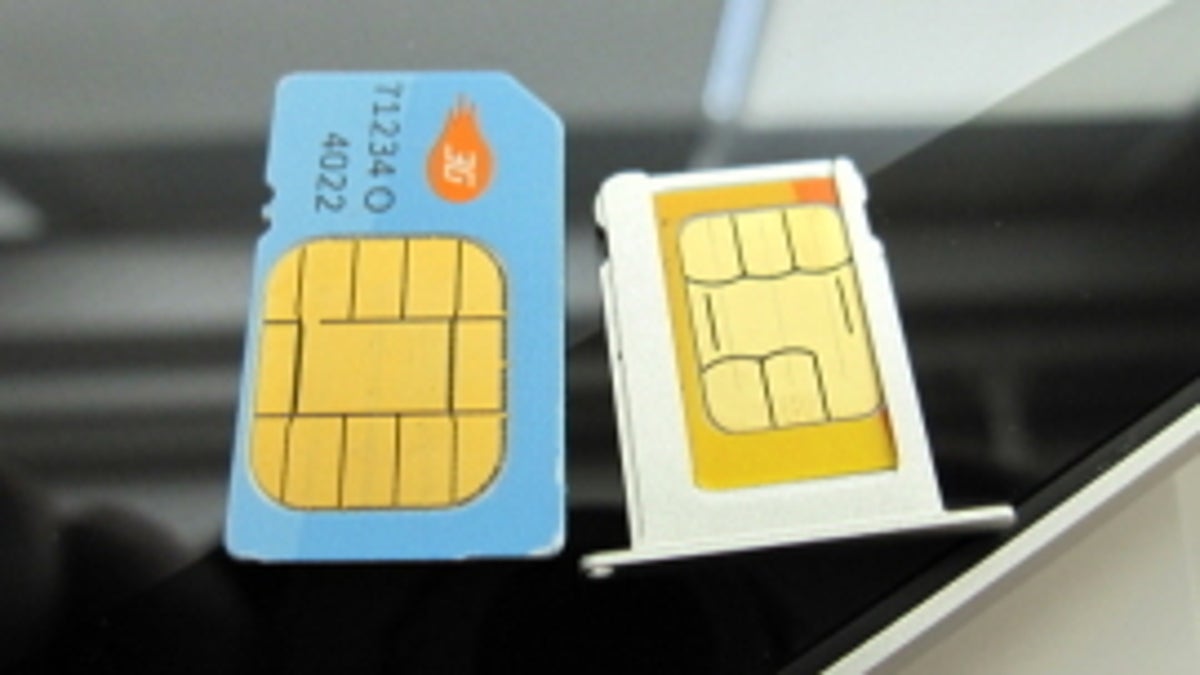Nano-SIM design gets green light -- but did Apple win?
According to ETSI, it has finally come to an agreement on the Nano-SIM standard. The only issue is, it didn't say which company won.

The European Telecommunications Standards Institute (ETSI) announced today that its committee has come to an agreement on the Nano-SIM standard. There's just one issue: the organization didn't say which technology was chosen.
According to ETSI, its Smart Card Platform Technical Committee agreed to a new form factor for the SIM card, called the "fourth form factor." The form factor, better known as the "Nano-SIM," will be 40 percent smaller than the current, smallest SIM cards, but will be backward-compatible with existing SIM designs.
The Nano-SIM had become a lightning rod of controversy over the last several months as Apple decided to take on Nokia, Research In Motion, and Motorola to deliver its own technology for the standard. The initial vote to determine whether Apple's technology or that from the other companies would become the standard was scheduled to be held in March, but ETSI decided to delay it so it could "achieve a broad industry consensus."
To improve its chances of winning the vote, Apple reportedly moved to "significantly" increase its voting power earlier this year by registering six European subsidiaries with the ETSI. According to ETSI rules, any subsidiary with 8 billion euros or more in revenue is allowed up to 45 votes. At that time, Nokia had the most votes in its corner with 92.
In an apparent attempt to ease tensions for the first vote, Apple reportedly offered ETSI member companies the option to use its Nano-SIM standard at no charge. However, in order to receive the freebie, the companies would have been required to offer the "same terms in accordance with the principle of reciprocity" on all industry standards they might own.
Based on the events that followed, Apple's counterparts apparently shunned the offer. Earlier this month, RIM, Nokia, and Motorola instead tried a compromise of their own by unveiling a new design for its Nano-SIM that incorporated many -- but not all -- of the features found in Apple's option. It's not clear if Apple responded favorably to the compromise, thus paving the way for today's vote to go to the other side.
CNET has contacted Apple, RIM, Nokia, and ETSI for comment on the vote. We will update this story when we have more information.
Update 7 a.m. PT to include more details.

